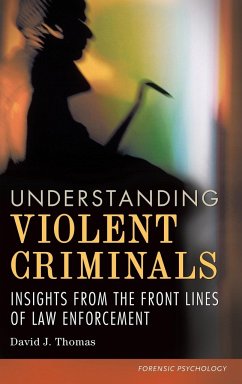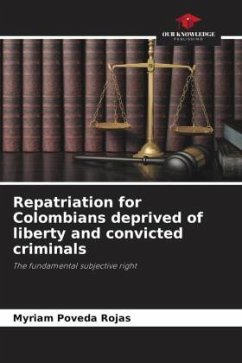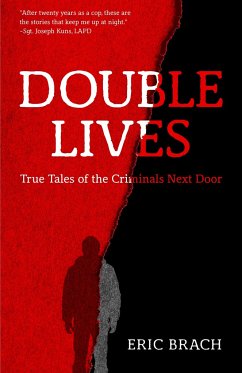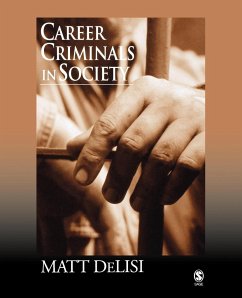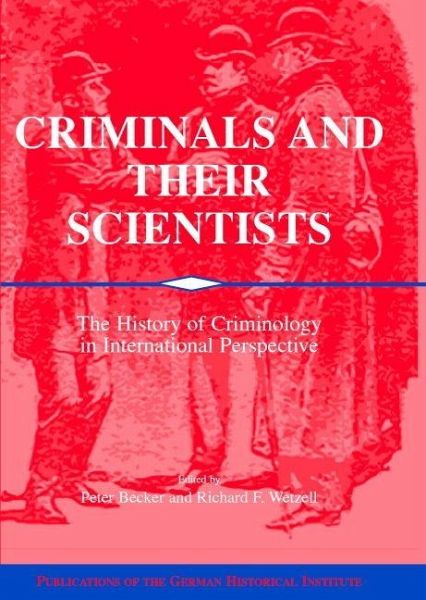
Criminals and their Scientists

PAYBACK Punkte
71 °P sammeln!
This book presents research on the history of criminology from the late-eighteenth to the mid-twentieth century in Western Europe (Austria, Britain, France, Germany, Italy) and in Argentina, Australia, Japan, and the United States. Approaching the history of criminology as a history of science and practice, the essays examine the discourse on crime and criminals that surfaced as part of different discourses and practices, including the activities of the police and the courts, parliamentary debates, media reports, as well as the writings of moral statisticians, jurists, and medical doctors. In ...
This book presents research on the history of criminology from the late-eighteenth to the mid-twentieth century in Western Europe (Austria, Britain, France, Germany, Italy) and in Argentina, Australia, Japan, and the United States. Approaching the history of criminology as a history of science and practice, the essays examine the discourse on crime and criminals that surfaced as part of different discourses and practices, including the activities of the police and the courts, parliamentary debates, media reports, as well as the writings of moral statisticians, jurists, and medical doctors. In addition, the book seeks to elucidate the relationship between criminological discourse and politics, society, and culture by providing a comparative study of the worldwide reception of Cesare Lombroso's criminal-anthropological ideas.









